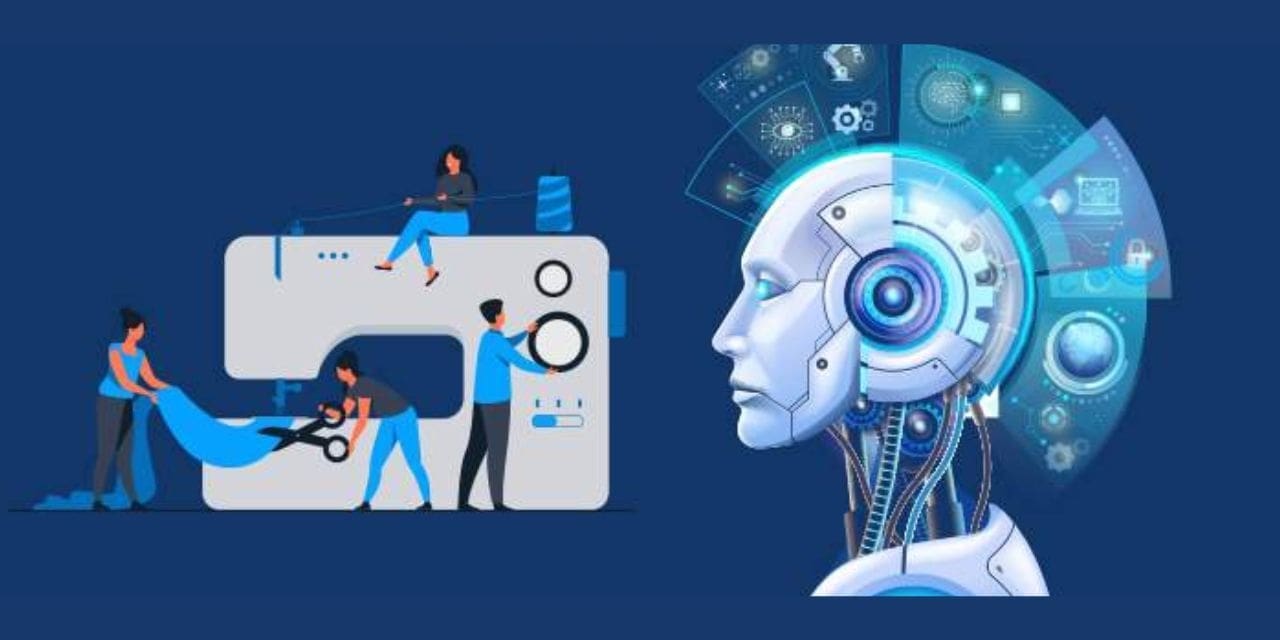Introduction
The textile industry is one of the oldest and most important industries in the world. It is responsible for providing clothes and other textile products to people all over the globe. In recent years, the industry has been under pressure due to declining demand and rising competition. However, there is a new technology that is beginning to change the landscape of the textile industry – artificial intelligence.
The textile industry and AI
The textile industry is one of the oldest and most important industries in the world. It is also an industry that is constantly evolving and changing. In recent years, one of the biggest changes to the textile industry has been the introduction of artificial intelligence (AI).
AI is already having a major impact on the textile industry and is only going to become more important in the future. There are many different ways that AI is being used in the textile industry, including:
- Automated design: AI can be used to create new designs for textile products automatically. This can be done by either creating new designs from scratch or by modifying existing designs.
- Manufacturing: AI can be used to help automate the manufacturing process of textile products. This includes tasks such as fabric cutting, sewing, and printing.
- Quality control: AI can be used to help improve the quality control of textile products. This includes identifying defects in products and making sure that they meet customer specifications.
- Sales and marketing: AI can be used to help with sales and marketing of textile products. This includes tasks such as identifying potential customers and helping to promote products to them.
How AI is used in the textile industry
The textile industry is one of the oldest and most important industries in the world. It is also an industry that is constantly evolving, as new technologies and materials are developed. Artificial intelligence is playing an increasingly important role in the textile industry, as it is used to develop new fabrics and improve manufacturing processes.
There are a number of ways in which AI is being used in the textile industry. One of the most important applications is in the development of new fabrics. By using AI, designers and engineers can create fabrics with unique properties and textures. AI is also being used to develop more efficient manufacturing processes. By using AI to analyze data from manufacturing plants, engineers can identify ways to improve efficiency and reduce waste.
AI is also being used to create better textile designs. By using AI, designers can create patterns and designs that are more intricate and detailed than ever before. AI can also be used to create designs that are more responsive to the wearer’s environment or that change based on the wearer’s body temperature.
The use of AI in the textile industry is still in its early stages, but it is clear that it has the potential to revolutionize the way that textiles are designed and manufactured.
The benefits of AI in the textile industry
The textile industry is one of the oldest and most important industries in the world. It is responsible for the production of clothing, home furnishings, and other textile products. In recent years, the industry has been under pressure due to competition from cheaper imports and the rise of new technologies.
Artificial intelligence (AI) is a relatively new technology that is beginning to be used in a variety of industries. The textile industry is no exception. AI can be used in the textile industry for a variety of purposes, including design, production, and marketing.
Design: AI can be used to create new designs for textile products. By analyzing data about customer preferences and trends, AI can generate new ideas for products that are more likely to sell well.
Production: AI can also be used to streamline the production process. By analyzing data about production processes and identifying bottlenecks, AI can help manufacturers make their operations more efficient.
Marketing: Finally, AI can be used to help market textile products. By analyzing data about customer behavior, AI can help identify target markets and develop marketing campaigns that are more likely to succeed.
The future of AI in the textile industry
In the textile industry, artificial intelligence (AI) is being used to create designs, select colors and patterns, and even 3D-print fabric. AI is also being used to create textile fibers and fabrics that are stronger, more durable, and have unique properties. In the future, AI will continue to be used to create new and innovative textile products.
Conclusion
Artificial intelligence is already proving to be extremely useful in the textile industry, and it is only going to become more so in the future. With AI-powered machines, businesses can achieve greater efficiency and accuracy in their operations, leading to improved profitability. In addition, AI can help businesses to keep up with the latest trends and developments in the textile industry, ensuring that they remain at the forefront of this rapidly changing sector.

